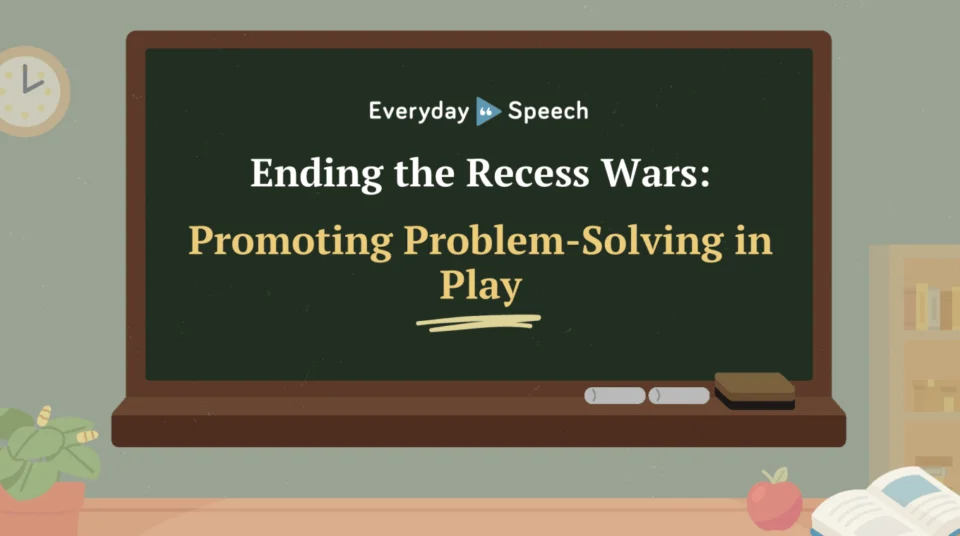Teaching Problem-Solving Skills to Special Education Students
Get free social skills materials
No-prep lessons on self-regulation, emotional recognition, conversation skills, and more.
Sign up hereIntroduction
Problem-solving is an essential skill for students of all ages, particularly for those in special education settings. It empowers students to face challenges, make informed decisions, and communicate effectively with others. In this blog post, we will discuss an easy-to-implement, no-prep activity to help teach problem-solving skills, provide discussion questions to stimulate further learning, and suggest related skills to enhance students’ overall development.
No-Prep Activity: Big or Small Problem?
This activity helps students differentiate between big and small problems, understand the consequences of their actions, and determine when to seek help. The activity requires no preparation or materials from the educator.
- Present students with a scenario, such as Tyler’s situation of leaving the stove on while making breakfast.
- Ask students to identify if the problem is big or small.
- Discuss the potential consequences of the problem and the importance of seeking help from an adult.
- Encourage students to share their own experiences with big or small problems and how they resolved them.
Discussion Questions
- Why is it important to know the difference between big and small problems?
- What are some examples of big problems that may require adult help? What about small problems that can be resolved independently?
- How can understanding the consequences of our actions help us become better problem-solvers?
- Why is communication important when facing a big problem?
- What are some strategies we can use to stay calm and focused when solving problems?
Related Skills
Teaching problem-solving skills is just one aspect of fostering well-rounded students. Other relevant skills for students in special education settings include:
- Decision-making: Enhancing students’ ability to make informed choices and consider the consequences of their actions.
- Self-awareness: Helping students recognize their emotions, strengths, and areas for growth.
- Self-regulation: Teaching students to manage their emotions and behaviors in various situations.
- Empathy: Encouraging students to understand and share the feelings of others, promoting a sense of community and connection.
Next Steps
To further support your students’ problem-solving skills and overall development, consider signing up for free sample materials at Everyday Speech. These resources offer a variety of engaging activities and lessons designed to enhance students’ social-emotional learning in a fun and interactive way.


